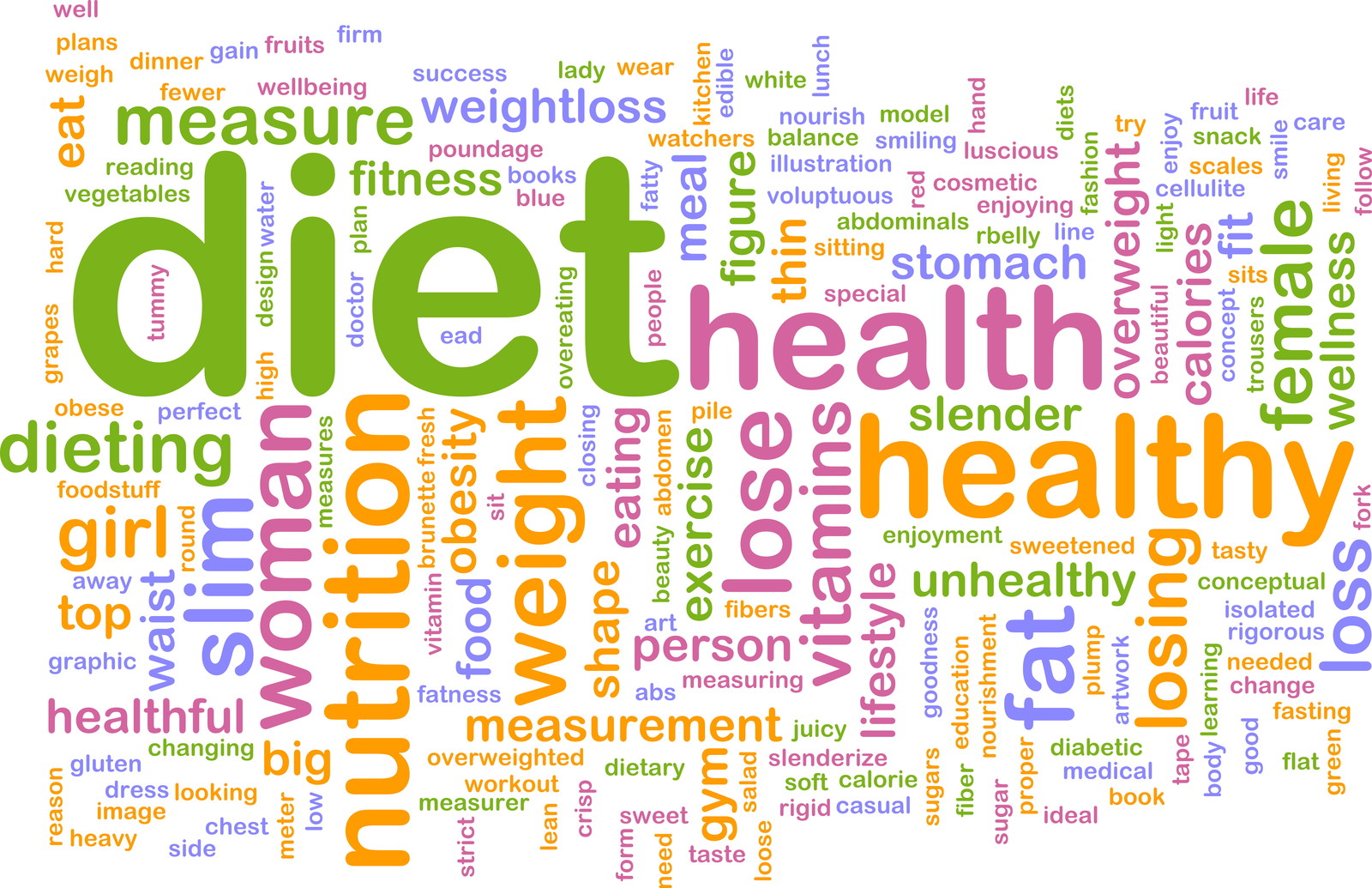[ad_1]
Here are five techniques to easily lost fat. Everybody knows that excessive fat in the body can lead to various health risks. The busy schedules we have today cause us to eat lots of foods that aren’t good for us. We exercise less these days, which is a big part of the reason that obesity has become an epidemic, and it’s extremely harmful.
In order for us to be smart and to stay healthy, it’s important that we burn off that extra fat. A lot of people don’t think it’s so easy to do and that it requires more effort than they can put out. They believe that fat loss just isn’t for everybody. So to dispel that myth I have five easy steps you can follow, and drop the extra pounds, with only minor changes n your lifestyle:
Eat Breakfast – Breakfast has long been considered our most important daily meal. Lots of people skip it for losing weight when that’s exactly the wrong move. You need the essential nutrients from a hearty breakfast to give you energy to burn throughout your day. If you don’t eat breakfast, you tend to gorge at the next meal. It’s best to eat some whole grain toast or fresh fruits, maybe oatmeal and some egg whites.
Exercise – This is a must for dropping fat from your body. It’s the most effective tool by far. If you incorporate exercise into your daily routine, your fat will drop off as a natural result. This doesn’t mean you have to go to a gym and lift heavy weights or workout for hours. If just means increasing what you do over the course of a normal day. If you don’t take walks, then you can start to take them three or four days a week, and if you are consistent, you’ll see some fat drop off.
Control Your Calories – Controlling your calories is extremely important for fat loss. If you can cut down on your fatty foods by one third, you can lose a lot of fat. Add plenty of fiber to your diet. Fiber keeps you feeling full and is an excellent replacement for the old fatty foods you’re used to eating.
Drink Tea – There have been studies done that prove drinking tea or even taking tea supplements along with regular meals can help to block your absorption of carbohydrates. It doesn’t matter if you drink black tea or green tea, it will still be beneficial to burning calories and losing fat.
Sports – By going through a rigorous workout with your body, you’ll shed the pounds quite easily. Just go out and get involved in some type of physical activity that you like. Baseball or tennis, or golf, or bowling, can all help you to lose weight, especially if they haven’t been part of your normal routine. Plus you’ll get to spend quality time with family and friends.
These five little pointers can help you lose fat, and they are plain common sense, nothing high-tech here. Adopt these to your daily routine, do it consistently, and you can easily lose the fat from your body.
[ad_2]
Source by Dmytro Fedorev
